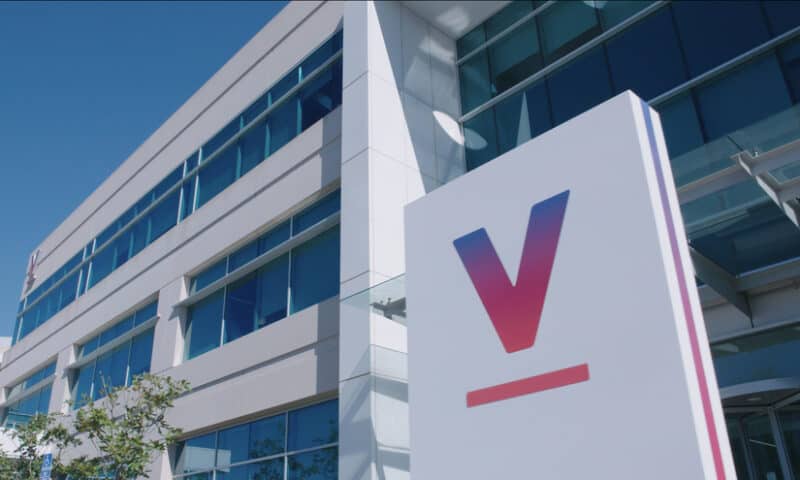Verily has received a go-ahead from the FDA to begin pooled testing for COVID-19 to help scale up its screening efforts.
In addition, Google’s life-science-focused sister company also published guidance for others looking to adopt its sample collection methods and laboratory processes through a series of white papers.
Pooled testing allows COVID-19 screeners to stretch their resources by grouping together individual samples before analysis and then only retesting each person individually if the larger mixture returns a positive result.
However, this requires sensitive hardware, as the collected samples may become diluted during the process and works best when the expected prevalence of the virus is low. The FDA authorized Verily to mix up to 12 samples at once at its coronavirus-dedicated testing laboratory launched last month in South San Francisco.
With a stated capacity of several thousand tests per day, the lab currently runs an adapted form of Thermo Fisher Scientific’s TaqPath RT-PCR testing kit for pooling COVID-19 samples, according to Verily pathology head Deb Hanks, and the lab plans to employ Roche’s Elecsys coronavirus antibody blood test as well.
The lab and both tests are primarily focused on providing Verily’s screening offerings aimed at individual workplaces, schools and other organizations.
The company’s white papers explore the scalability of its pooled testing approach as well as the evidence supporting different types of sample collection methods. Verily previously endorsed the use of mid-turbinate swabs, which can be used for self-collected nasal samples and are currently being employed by Verily’s partner Rite Aid at multiple pharmacy testing sites. Verily also published a paper on the pros and cons of different molecular testing methods for active COVID-19 infections.

